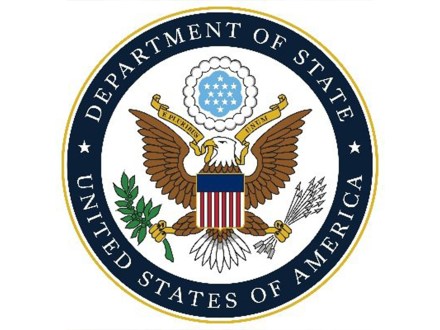The United States has sanctioned five individuals and three entities located in Myanmar and Thailand, alleging their involvement in “forced labour compounds that carry out fraudulent investment scams online”, the Department of State announced in a statement on Wednesday (local time).
The statement said, “The United States sanctioned five individuals and three entities, located in Burma and Thailand, for their involvement in forced labour compounds that carry out fraudulent investment scams online.”
US flags $10 billion scam losses in 2024
Referring to the US government estimate, it added, “Americans lost at least $10 billion in 2024 to Southeast Asia-based online scam operations, a 66 per cent increase from the prior year. Criminal syndicates across the region have increasingly exploited Americans online, threatening American prosperity.”
The statement further added, “This action supports today’s announcement by the U.S. Attorney for the District of Columbia, the Federal Bureau of Investigation, and the U.S. Secret Service of the Scam Center Strike Force, dedicated to investigating, disrupting, and prosecuting scam centers and their leaders, with a focus on Burma, Cambodia, and Laos. The United States will continue to use all available tools to protect Americans from scams operating across the region and around the world.”
US sanctions DKBA leaders and Thai partners over scam
A statement issued by the US Department of Treasury on Wednesday said, “The Department of the Treasury’s Office of Foreign Assets Control (OFAC) designated the Democratic Karen Benevolent Army (DKBA), a Burmese armed group, along with four of its senior leaders, for supporting cyber scam centers in Burma that target Americans using fraudulent investment schemes. OFAC is also designating Trans Asia International Holding Group Thailand Company Limited (Trans Asia), Troth Star Company Limited (Troth Star), and Thai national Chamu Sawang, who are linked to Chinese organised crime and have worked with the DKBA and other armed groups to develop these scam centers. The revenue generated by scam center workers–who are often themselves victims of human trafficking–supports organized crime and allows the DKBA to finance its harmful activities.”
